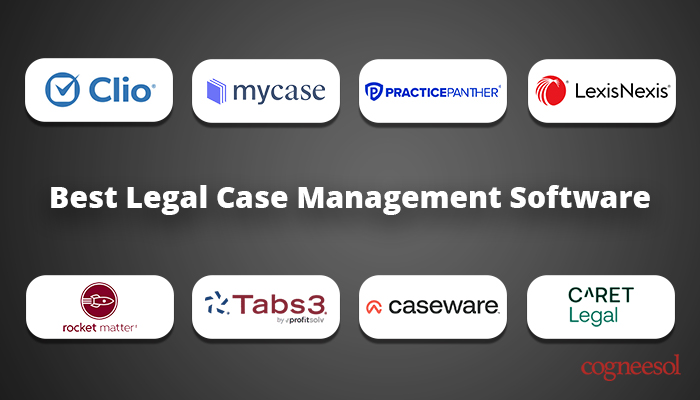Legal case management software is a type of software that helps lawyers manage their cases and clients more efficiently and effectively. It typically provides features such as:
- Case management: Organize and track all the details of each case, such as deadlines, tasks, documents, contacts, notes, and events.
- Document management: Create, store, and access legal documents, such as contracts, pleadings, forms, and letters. Some software also offers document automation and e-signature capabilities.
- Billing and invoicing: Record and track billable hours, expenses, and payments. Generate and send invoices to clients and integrate with accounting software.
- Client communication: Communicate with clients securely and conveniently through email, chat, or portal. Share updates, documents, and invoices with clients and collect feedback and reviews.
- Reporting and analytics: Generate and view reports on various aspects of your practice, such as case status, productivity, profitability, and client satisfaction.
Legal case management software can help lawyers improve their workflow, reduce errors, save time, increase revenue, and deliver better client service. There are many legal case management software available in the market, each with different features, pricing, and user reviews.















